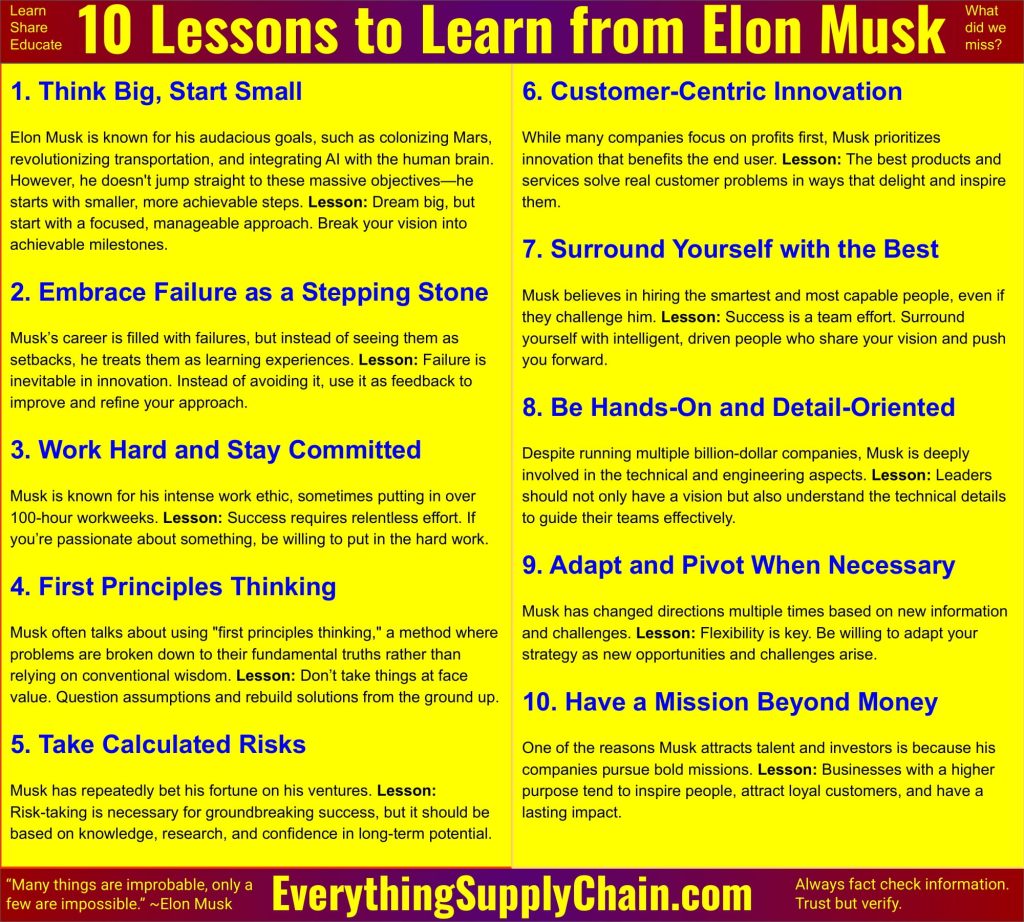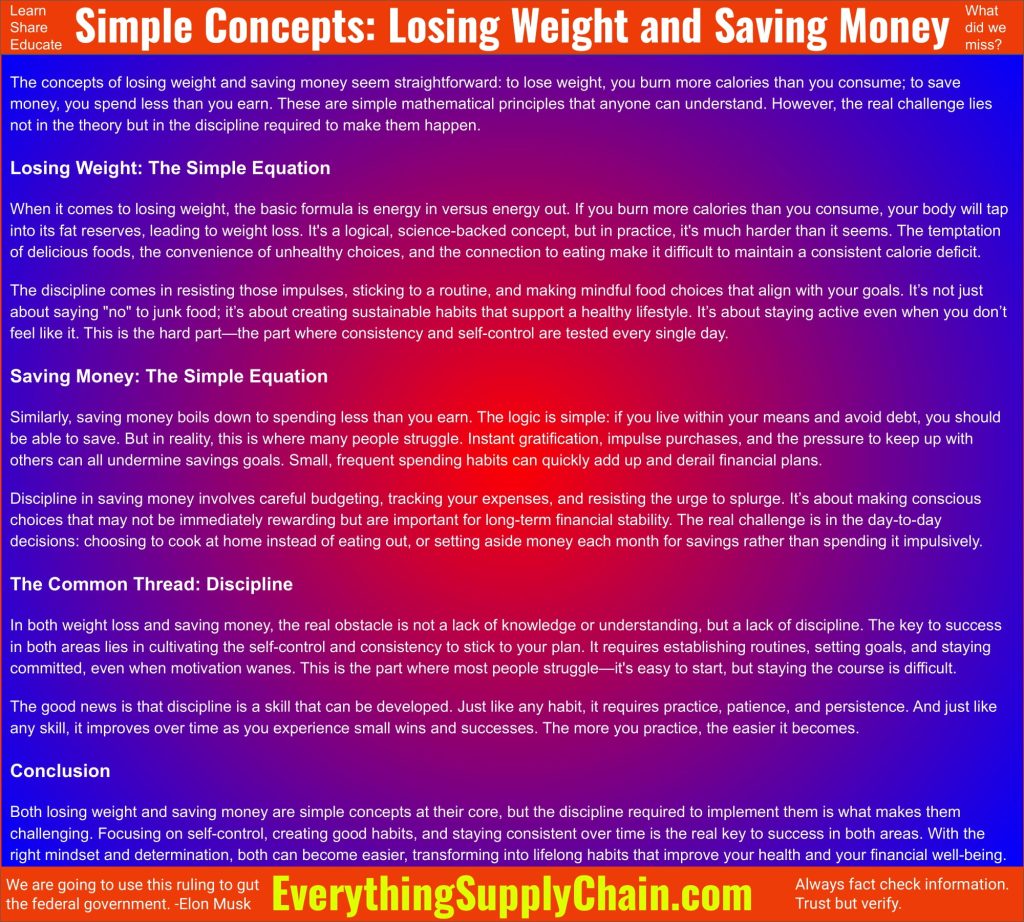Rooting Out Waste in Health Care by Taking Cue From Toyota
The Toyota Lean production system, also known as “lean manufacturing,” is a set of principles and practices that focus on eliminating waste, increasing efficiency, and improving quality in manufacturing operations. The same principles and practices can be applied to other industries, including the medical industry.
In the medical industry, the application of Toyota Lean principles can help to improve patient care and safety, reduce costs, and increase efficiency. Some specific examples of how Toyota Lean can be applied to the medical industry include:
- Streamlining processes: Toyota Lean emphasizes the importance of identifying and eliminating waste in processes. In a medical setting, this could involve identifying and eliminating steps in a process that do not add value to the patient, such as unnecessary tests or paperwork.
- Improving communication: Toyota Lean emphasizes the importance of clear and effective communication between team members. In a medical setting, this could involve implementing processes to ensure that all members of the care team are aware of the patient’s condition, treatment plan, and any changes to the plan.
- Reducing wait times: Toyota Lean emphasizes the importance of minimizing wait times for patients. In a medical setting, this could involve implementing processes to ensure that patients are seen in a timely manner, such as reducing the time it takes to schedule an appointment or to receive test results.
- Enhancing safety: Toyota Lean emphasizes the importance of preventing errors and improving safety. In a medical setting, this could involve implementing processes to ensure that patients receive the right treatment at the right time, such as using bar-coding technology to ensure that the right medication is given to the right patient.
- Reducing costs: Toyota Lean emphasizes the importance of reducing costs and increasing efficiency. In a medical setting, this could involve implementing processes to reduce the amount of waste, such as reducing the number of unnecessary tests or procedures.
Overall, the application of Toyota Lean principles in the medical industry can help to improve the quality of patient care, increase efficiency, reduce costs, and enhance safety. It can also help to create a culture of continuous improvement and empower employees to identify and solve problems.
25,000 views. When the Virginia Mason Medical Center in Seattle was losing money for the first time in its history, CEO Dr. Gary Kaplan turned to an unlikely place for help: giant automaker Toyota. Health correspondent Betty Ann Bowser reports on the hospital’s success in lowering costs and improving health outcomes.
Lean videos
- Assortment of Lean videos.
- Best Continuous Improvement Quotes.
- Becoming a Lean Supply Chain Professional.
- Gemba Walk: the Path to Continuous Improvement.
- Introduction to Lean Manufacturing.
- Lean Kaizen DMAIC Six Sigma.
- Lean Manufacturing – Pull Systems.
- Toyota Production System.
- Why Lean Fails.
- 5s Office to 5s Manufacturing. Lean Production System.
Lean Quotes
- “Standards should not be forced down from above but rather set by the production workers themselves.” ~ Taiichi Ohno, father of the Toyota Production System.
- “Two basic rules of life are: 1) Change is inevitable. 2) Everybody resists change.” ~ W. Edwards Deming
- “When you are out observing on the gemba, do something to help them. If you do, people will come to expect that you can help them and will look forward to seeing you again on the gemba.” ~ Taiichi Ohno
- “Everything can be improved. ~Clarence W. Barron
- “An hour saved at the non-bottleneck is a mirage.” ~ Eliyahu M. Goldratt, The Goal
- “A relentless barrage of “why’s” is the best way to prepare your mind to pierce the clouded veil of thinking caused by the status quo. Use it often.” ~ Shigeo Shingo
- “Excellence is a continuous process and not an accident.” ~A.P.J. Abdul Kalam
- “Data is of course important in manufacturing, but I place the greatest emphasis on facts.” ~ Taiichi Ohno, father of the Toyota Production System






